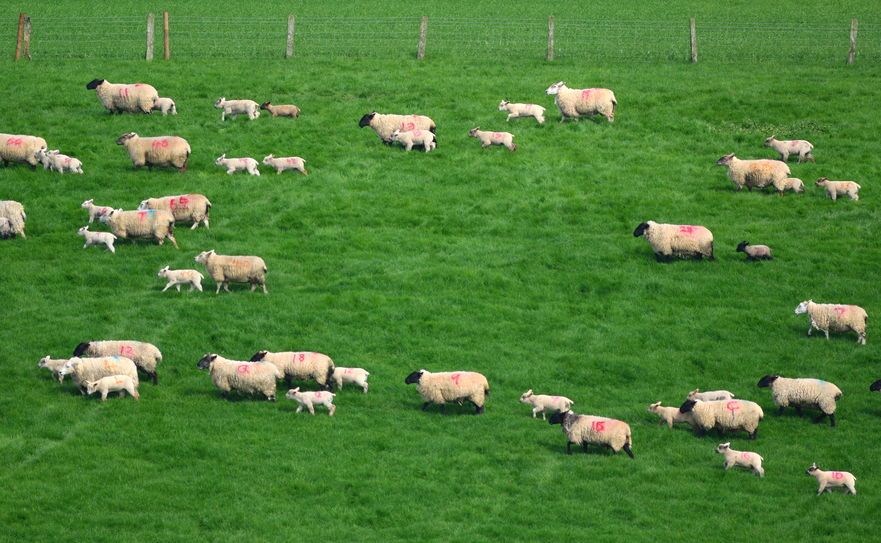
Michael Gove has been urged to consult more widely on the Agriculture Bill to ensure British farmers don't compete with cheaper, lower-standard food imports post-Brexit.
The forthcoming UK Agriculture Bill needs to present a better deal for farmers and level the playing field to ensure those at home aren’t left competing with cheaper and lower standard food imports in post-Brexit Britain, food experts from the N8 AgriFood Resilience Programme have said.
The calls by the research initiative are being made as the Bill this week entered the Committee Stage in the House of Commons, following its Second Reading on October 10.
The Agriculture Bill, announced on 12 September, sets out how farmers and land managers will in future be paid for “public goods”, such as better air and water quality and improved soil health.
Professor Bob Doherty from the University of York, one of N8 AgriFood’s Chairs, was invited by Government to sit on a roundtable group in Westminster and help draft amendments to the Bill.
Prof Doherty describes the development of a new post-Brexit UK agriculture policy as a "seminal moment" for the future of the food system, but believes the Bill has far more to say about land management and agriculture than it does food.
He has raised concerns over the lack of a "strong and explicit commitment" in the Agriculture Bill to ensure that sustainable agriculture and food is not undercut by the need to secure trade agreements in the post-EU exit environment.
'Joined up approach'
He urged Defra Secretary Michael Gove to take a more" joined up approach" with both the Department of Health and Social Care and the Department of International Trade.
Professor Doherty said: “The Bill has little to say about food and diet-related health outcomes, the balance between promoting the production of healthy and sustainable food and reliance on imports.
“There is nothing in the bill, for instance, to address our chronic dependence on foreign imports, principally from the EU, for our fruit and vegetables.
“This is surprising considering the UK’s unenviable reputation as the home to among the most unhealthy and overweight populations in the EU.”
He added: “Indeed, it appears the Agricultural Bill has been drafted without proper consultation or alignment with the Department of Health and Social Care, given the potential for enshrining diet and nutrition targets into the UK post- CAP food regime.
“A similar gap exists between Defra and the Department for International Trade. Here it is noticeable that while Michael Gove speaks in terms of sustainable farming and animal welfare, the Trade Secretary, Liam Fox is highly critical of the EU’s ‘precautionary’ principle and over-regulated agrifood sector.
“We also know that the Trump Administration has identified persuading the UK to lower its regulatory barriers in agrifood as a key negotiating objective in any future free trade deal with the UK,” Professor Doherty said.
'Brexit proof'
Professor Doherty, and IKnowFood Co-Investigator Professor Tony Herron, of the University of York, believe the Bill also needs to be made “Brexit-proof”, given the UK’s dependence on the EU both as a source of food and migrant labour.
Both said that the EU single market and Customs Union is "crucial" to the food and drinks industry , which is the UK’s largest remaining manufacturing sector and bigger than the car and aerospace industries combined.
They said: "It is very noticeable that the countries that the UK government has singled out as future traders, including the United States, Canada and Australia, are all highly competitive agriculture exporters.
"This raises the prospect the UK’s need to secure free trade deals with these countries will undermine its commitment to sustainable farming and a thriving domestic food sector."
As well as a lack of mention to education and training to tackle an ageing farming population, the Professors feel the Bill is short on specific targets and duties with regard to climate change, soils, pollinators and pesticides, polluted waters and atmospheric pollution.
The N8 AgriFood Resilience Programme is a research initiative that aims to secure the sufficient production of safe and nutritious food.
